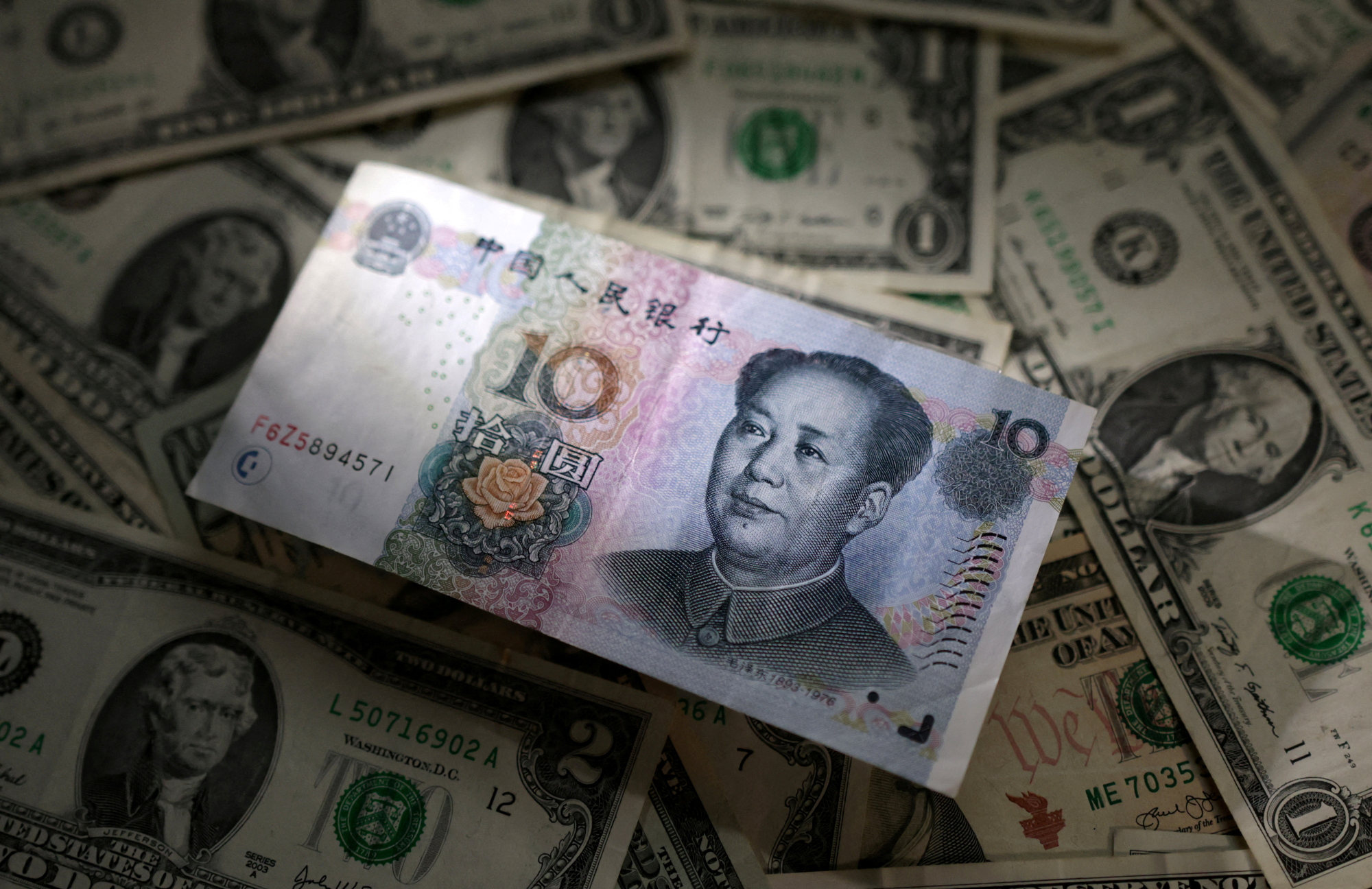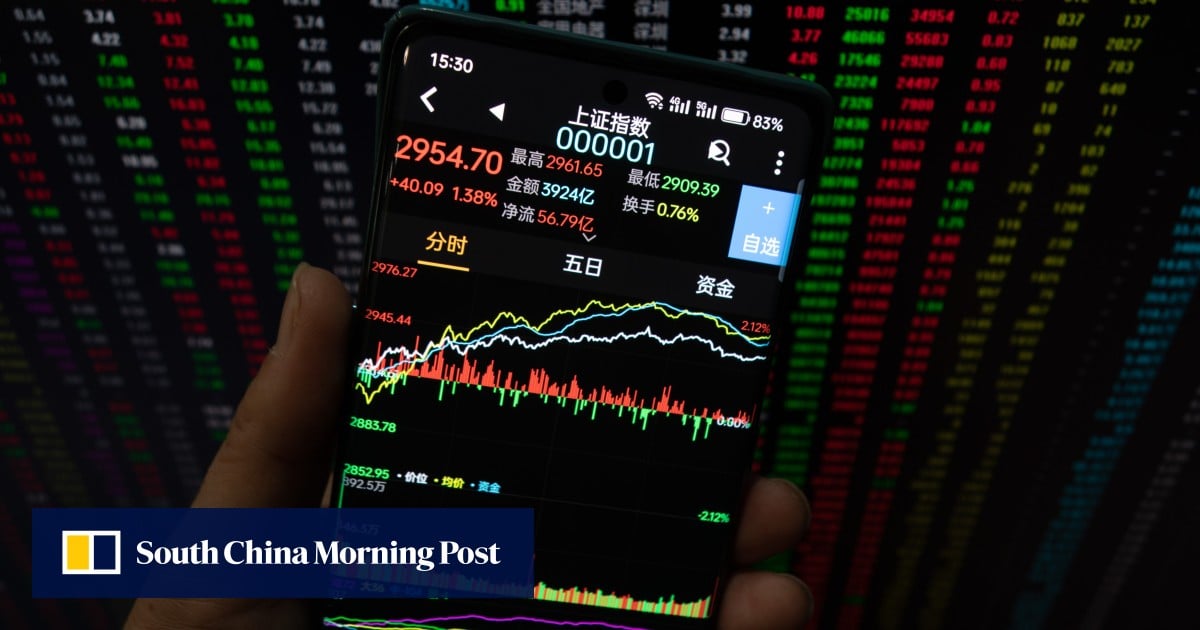The gains in stocks and the Chinese currency, which caught investors off guard, have rekindled optimism that the worst for yuan assets is already behind it, as valuations fall to attractive levels and bets on further policy easing mount.

The CSI 300 Index fell 11 per cent this year, an unprecedented third consecutive annual loss. The yuan at one point slumped to a 16-year low, as property market woes and debts of local governments weighed on the economic outlook.
“The A-share market is high value-for-money now after the corrections and has drawn back inflows,” said Li Lifeng, a Shanghai-based strategist at Huaxi Securities. “We’ve seen the bottom and the market is expected to stabilise. There will be more sector rotations from the rally in the stocks that are battered the most this year. ”
The durability of the stock rally depends on whether the central bank cuts the benchmark lending rate in January and its impact on the property market in first and second tier cities, he said.
The CSI 300 Index rose a further 0.5 per cent to 3,431.11 on Friday, and the yuan strengthened 0.2 per cent to 7.0939 after a 0.5 per cent appreciation the previous day.
“The rebound means that stocks are now in attractive territory,” said Fu Jingtao, a strategist from Shenwan Hongyuan Group in Shanghai. “Medium and long-term pessimistic expectations have been fully priced in.”
Enduring pain: 90% of China equity funds suffer as US$1 trillion of value erased
Enduring pain: 90% of China equity funds suffer as US$1 trillion of value erased
Foreign investors sold 566.2 million yuan of Chinese stocks via the exchange link on Friday, snapping two days of inflows. That took the net selling to 12.9 billion yuan in December, a record fifth straight month of outflows.
China is now pivoting to looser fiscal policies, as seen from the sale of a 1 trillion yuan special government bond in the fourth quarter, to boost domestic demand, according to Chen Guo, an analyst at CSC Financial.
It is an indication that the central government is keen to tackle local-government debt and fund the renovation of shanty towns in urban areas, he said.
“That will help reverse pessimistic views about the economy and the market, and it will be conducive to the flow of overseas funds into Chinese assets,” said Chen. “The negative factors that have held back China assets such as a [weaker] yuan and [high] US Treasury yields have now waned.”

Adding to the upbeat mood was a statement by China’s central bank after its fourth-quarter monetary policy meeting. The People’s Bank of China said on Thursday it would ramp up implementation of monetary policies that have been rolled out, fanning speculation about further easing.
To be sure, some analysts remain cautious. The rally could be fleeting as it was mostly driven by sentiment and the green-energy sector that moved on news of Xiaomi’s launch of its electric car, according to Zheng Xiaoxia, an analyst at Hua An Securities.
The market remains shaky without any significant improvement in the economy and confidence, she said.
Hong Kong stocks likely to reverse losing run in 2024: HSBC Jintrust
Hong Kong stocks likely to reverse losing run in 2024: HSBC Jintrust
The CSI 300 Index is currently valued at 12 times projected earnings this year, compared with the average of 13.5 times over the past decade, according to Bloomberg data. Six out of its 10 industry groups have registered losses this year, with the industrial and healthcare sectors faring the worst, dropping at least 15 per cent each.
Some smart foreign money will probably start to build positions in Chinese stocks again and some domestic insurers will re-enter because of yuan stocks’ high dividend potential, she said.

